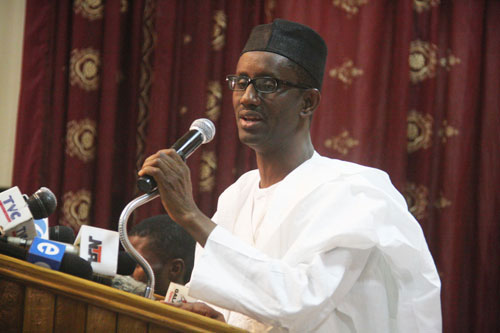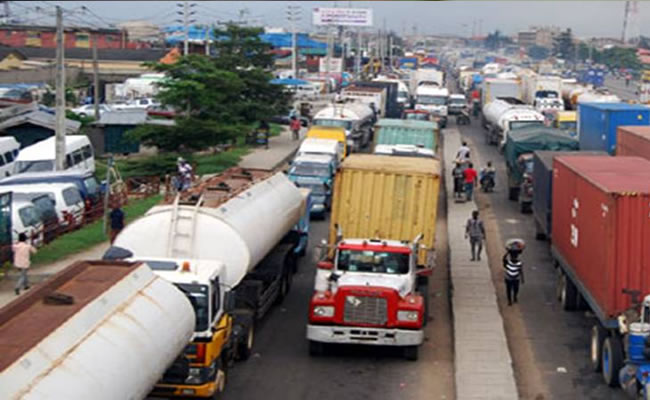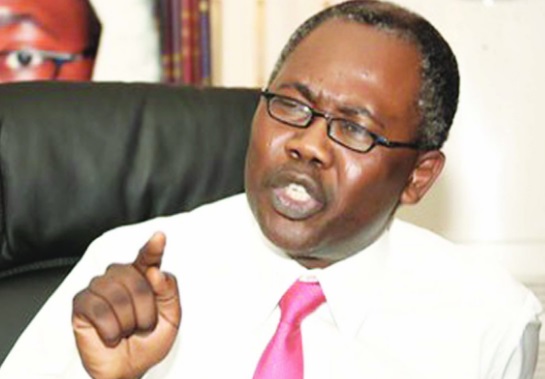WHO, key partners strengthen cooperation to fight COVID-19 in Africa

With confirmed cases of COVID-19 in Nigeria, Algeria, Senegal, and South Africa, the World Health Organization (WHO) and key health partners are strengthening cooperation to better coordinate readiness and response efforts across Africa.

This decision was arrived after the WHO convened a meeting in Nairobi, with representatives from the Kenyan Health Ministry, the African Union and key United Nations partner agencies in attendance.
Coronavirus: Nigeria’s inflation rate would become lightly higher than 12%-Agusto Consulting
According to a statement from the WHO, the meetings were to ensure that efforts are coordinated, not duplicated, and that scarce resources are used in the most effective way possible.
It said that a regional partner coordination mechanism was established at the meeting while a draft joint work plan was published that outlined priority actions for attendees over the coming months.
That statement also disclosed that regional Directors and agency heads are now drafting a joint letter to the governments of all Member States and Regional Economic Communities to inform them of the agreed key actions.
Meanwhile, the WHO Regional Director for Africa, Dr Matshidiso Moeti, has called on all countries to invest urgently in preparedness for the arrival of cases and to prioritize the protection of health workers and individuals at risk.
“We are calling on all countries to invest urgently in preparedness for the arrival of cases, and to prioritize the protection of health workers, individuals at risk, and to communicate better the risks of transmission to their people,”
“These cases should be a wake-up call for governments across Africa. Governments must do all they can to prepare for an eventual outbreak: time is critical’’, he said.
With COVID-19 cases in Algeria, Senegal, Nigeria and South Africa, WHO is changing from a readiness to a response mode in the African region.
Experts already in those countries with confirmed cases are now focusing on providing technical support to country health workers, rather than providing generalized preparedness advice.
Training on case management and infection prevention has also been provided to health workers from the countries.
WHO is supporting countries in their efforts to increase their readiness in this critical window, mainly in ensuring that vital early detection and control measures are in place and are as robust as possible.
The WHO is working with a network of experts to coordinate regional work on surveillance, epidemiology, modeling, diagnostics, clinical care and treatment, and other ways to identify, manage the disease and limit onward transmission. WHO has issued interim guidance for countries, which is regularly updated to take into account the current situation.








